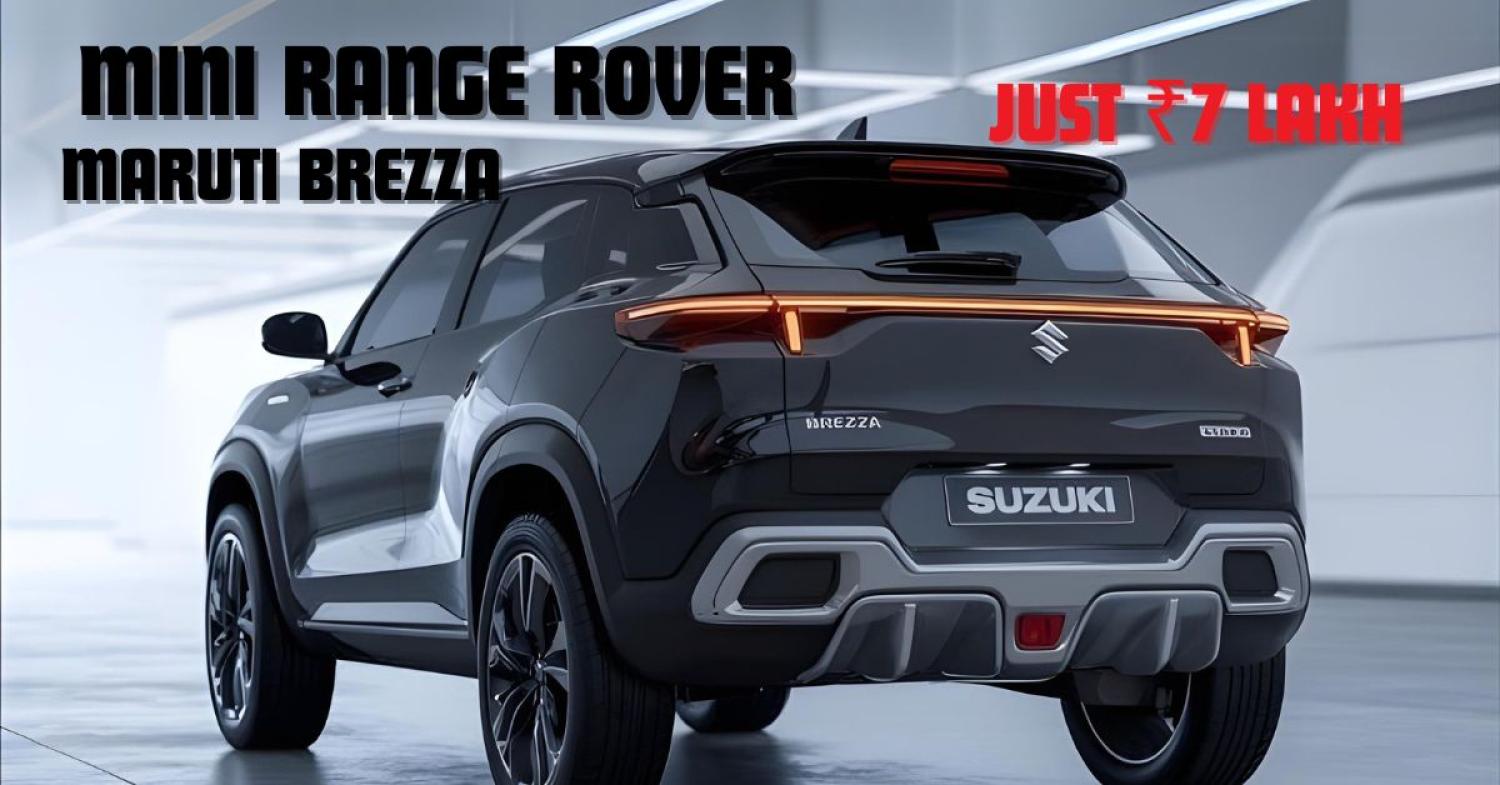Tata Nano EV at ₹3 Lakh! 500 KM Range & Game-Changing Price!
February 5th, 2025
In an attempt to provide the much-awaited revolutionary electric vehicle market shift in India, Lakhtakia has launched a new Tata Nano EV in collaboration with Tata Motors. This mini electric car delivers a range of 500 kilometers on a single charge, but the best thing is the price- an almost unbelievable Rs. 3 lakh or approximately $3,600.
The news has sent shock waves in the automobile industry, particularly since the new Tata Nano promises to make mobility through electricity accessible to everyone.
A New Era of Accessible Electric Mobility
The reimagined version, that is, the Tata Nano EV, was once touted as the world's cheapest car; it fell flat on its face with limited features and positioning; the new Nano EV, however, is the one poised to redefine this particular segment with a focus on sustainability, affordability, and edge-of-the-throne-technology.
This car has been a result of a strategic collaboration between Lakhtakia, the newest entrant to the EV plate, and Tata Motors, India's largest automobile manufacturer.
It has worked with them to design a car that has addressed the two big concerns of acceptance in electric vehicles - high cost and range anxiety. At Rs 3 lakh and 500 kilometers at range, the Tata Nano EV is sure to shake things up for this market.
Key features of Tata Nano EV
Range: The battery pack is covered with an elegant state-of-the-art lithium-ion battery that assures a really high mileage of 500 kilometers in just one charge. It is one of the most efficient electric vehicles in its segment, and it is as effortless as it handles long distances, making one able to easily cover up city commutes.
Fast Charging Ability: The car has a fast charging ability such that if it is charged by using a compatible charger station, it can charge from 0-80% in under an hour. Overnight full home charging is also possible by using a standard 15A power source.
Compact and Stylish Design: Just like the precursor, the dimensions of the Tata Nano EV are retained, fitting it ideally to find its way through crowded city streets and fit parking spaces. The exterior car design has been revamped and updated with modernity, which includes sleek LED headlights, a minimalist interior, and vibrant color options.
Advanced Technology: It is equipped with a 7-inch multifunctional touchscreen for an infotainment system, connectivity to smartphones, navigation, and real-time battery monitoring. The car is also prepared with advanced safety features like dual airbags, ABS with EBD, and a rear parking camera.
Eco-friendly and economical: Tata Nano EV has no tailpipe emissions. Thus, it is more environment-friendly as compared to any conventional petrol and diesel vehicle. Besides, due to the cheaper electricity cost in comparison with the fossil fuel cost, running expenses will be reduced drastically.
Affordable Pricing Strategy
The Tata Nano EV is perhaps one of the most striking in the world, at least judging by the price. The Tata Nano EV is priced at Rs. 3 lakh and is the cheapest electric car in the world.
The pricing is aggressive because it should start making electric vehicles accessible to larger audiences, mainly in price-sensitive markets like India.
Hopefully, the affordable price would garner first-time buyers, urban commuters, and the environment-conscious consumers who would otherwise refrain from purchasing an EV due to its high prices.
Lakhtakia and Tata Motors would be able to do so based on economies of scale, local production, and government subsidies under the FAME-II (Faster Adoption and Manufacturing of Hybrid and Electric Vehicles) plan of India.
They further tried to bring down the cost of production by using less heavy materials and optimizing the supply chain.
Market Forces and Competition
The Tata Nano EV is going to rock the electric vehicle market in India, which has been growing steadily over the last few years. The car is going to give stiff competition to the existing vehicles like MG Comet EV, Tata Tiago EV, and Mahindra e2o because of its unbeatable combination of affordability and performance.
The Tata Nano EV, according to industry experts, would be a driver of electric vehicles in India, particularly in the space of entry-level. The car addresses the two key concerns that govern Indian consumers: price and range, which is quite attractive for those who are keen on shifting towards electric mobility.
Government Support and Infrastructure Development
The country's charging infrastructure will be another determinant of Tata Nano EV's success. Not so long ago, the Indian government has just begun to take steps to promote the adoption of the system through the installation of public charging stations and incentives both to manufacturers and customers.
It is hoped that the launch of the Tata Nano EV will be fast-forwarded because this will suit the vision of the government, which envisions achieving 30% penetration by 2030.
Environmental and Economic Benefits
It will win for the consumer as well as the environment. Electric cars can substitute many more traditional gasoline and diesel-powered cars in India and therefore bring down the country's carbon footprint along with dependence on fossil fuel.
It will also open new avenues of employment in manufacturing, charging infrastructure, and other such areas, boosting the economy further.
Availability and Launch Date
The Tata Nano EV will be ready and likely to hit the market in early 2024. Bookings for the car would open soon, and the deliveries would be done thereafter. The vehicle will be sold through Tata Motors' vast dealership network across India as well as online platforms.